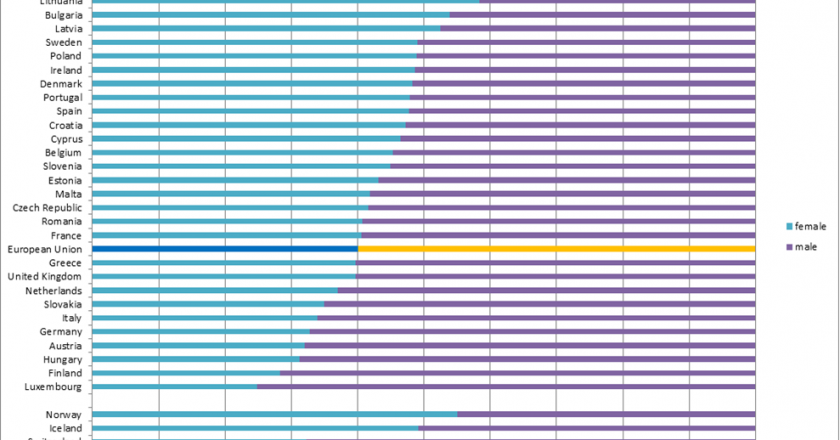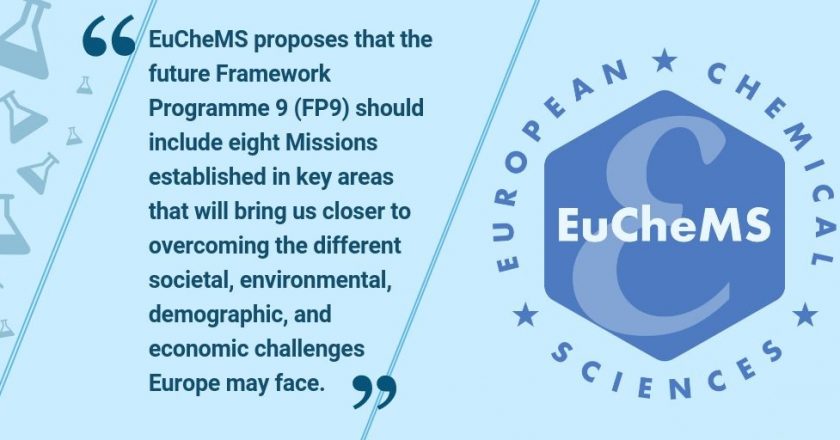The presence on nano-sized particles of air pollution (with a diameter of just 100 nanometers) has for the first time been detected in children’s urine. The finding is particularly concerning as the particulate matter, also known as black carbon, has been linked to heart diseases and other respiratory conditions. Despite the EU’s commitment to improving air quality, notably through the National Emissions Ceilings Directive (2016/2284/EU) and the reduction commitments for 2020 and 2030, the findings only reinforce the sense of urgency in finding and implementing concrete and effective solutions to prevent a major European (and global) public health risk.
ECDC and EFSA publish report demonstrating continued resistance to antimicrobials
The European Centre for Disease Prevention and Control (ECDC) and the European Food Safety Authority (EFSA) published a new report on 27 February which purports to show that bacteria from humans and animals continues to show resistance to antimicrobials. The report confirms antimicrobial resistance as one of the major threats to public health, notably because of its effect in reducing the effectiveness of treatment options.
For the first time, ESBL-producing Salmonella Kentucky with high resistance to ciprofloxacin in humans was found in four countries. Detection of resistance to carbapenems in poultry was also included in the new findings. The European Commissioner for Health and Food Safety, Vytenis Andriukaitis, stressed the need to join efforts at the European level and implement rigorous policies on the use of antibiotics. You can read the full report here and access some figures and data here.
EuCheMS has previously issued warnings over the developing resistance to antimicrobials. In April 2016, EuCheMS co-organised a workshop in the European Parliament with the European Parliament’s Science and Technology Assessment (STOA) Panel and the European Federation for Medicinal Chemistry (EFMC) to analyse the global challenge and explore possible solutions. EuCheMS has moreover called for averting an antimicrobial resistance tragedy to be one of the eight Missions of the Future Framework Programme 9 (FP9).

Women in Science – Latest Eurostat figures
On the occasion of International Women’s Day on March 8, we have looked back at Eurostat figures released last February on the distribution of female scientists and engineers across the EU.
The figures display that there are at least as many women as men in university-level education, whilst the number of female doctorate students has increased more rapidly than the number of equivalent male students in most Member States. From the 17 million scientists and engineers in the EU, 40% are women and 60% men. But while women currently hold the majority of jobs in science and technology in service activities, they only account for 28.4% in manufacturing.
The figures allow us to reflect on the current imbalance (in manufacturing especially) and serve as yet another wake-up call in addressing the existing issues that cut across various policy areas. EuCheMS has been vocal over the years in its call for an equal distribution of male and female scientists and engineers in the EU. In 2011, EuCheMS published ‘European Woman in Chemistry’, an unmissable voyage through centuries of chemical research, focusing on the lives of amazing women who dared to study and innovate, and continuously defied societal expectations.
European Commission publishes second REACH review
On 5 March, the European Commission (EC) published the second review of the European Regulation on Registration, Evaluation, Authorisation and Restriction of Chemicals (REACH) along with a comprehensive evaluation report.
The EC has ultimately concluded that REACH is effective in addressing citizen concerns about chemical safety – although opportunities for improvement, simplification and burden reduction are there for the taking. The EC moreover suggests implementing changes in line with the 7th Environment Action Programme, the Circular Economy Action Plan, and the renewed EU Industrial Policy Strategy. The outcomes and possible follow-up actions will be reviewed with the European parliament, the Council and stakeholders at a public conference in June 2018.

EuCheMS responds to consultation on EU funds in the area of investment, research & innovations, SMEs and single market
In light of the upcoming European Commission (EC) proposals for the next generation of financial programmes for the post-2020 Multiannual Financial Framework, EuCheMS has responded to the public consultation on EU funds in the area of investment, research & innovations (R&I), SMEs and single market and has published a position paper laying out in more detail our vision for the way forward in the future Framework Programme 9 (FP9).
In addition to proposals for mechanisms for FP9, EuCheMS has defined a total of eight Missions that should be established in key areas. From Missions on ‘Sustainable Low Carbon Energy For All’, ‘Forming a fit-for purpose Food landscape’, ‘Enabling Our Ageing Population’ and ‘Averting an Antimicrobial Resistance Apocalypse’, these Missions highlight what we, as the voice of Chemical Sciences in Europe, perceive as some of the global challenges facing Europe. A Multiannual Financial Framework and an FP9 that recognises the potential of scientific research and innovation, as well as the role this provides in job creation, will be essential in tackling societal, environmental and economic challenges in Europe.
You can read our position paper here, and our answer to the consultation here.
EuCheMS participates in latest High-Level Advisory Group ‘Open Science Policy Platform’ meeting
On 2 March, EuCheMS participated in the fifth high-level roundtable event of the Open Science Policy Platform (OSPP). On the menu: discussions on integrated advice on open science, including the involvement of citizens in science. One of the core aims of the open science policy is to make science and scientific data much more accessible to the public, a move which EuCheMS welcomes, as it marks an important step in making the scientific arena more accessible and engaging.
The next meeting of the OSPP is scheduled for autumn 2018. Reports, minutes and other materials from the meetings can be found here.


You must be logged in to post a comment.